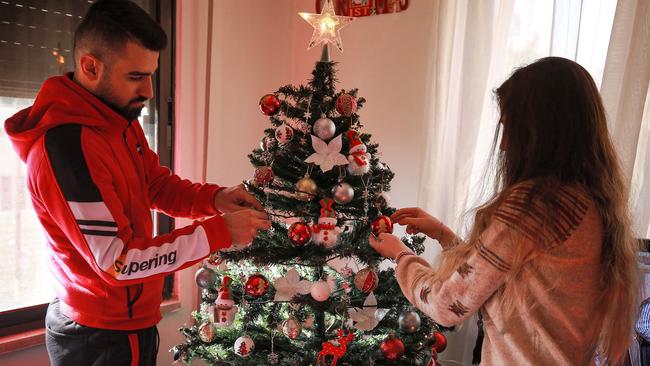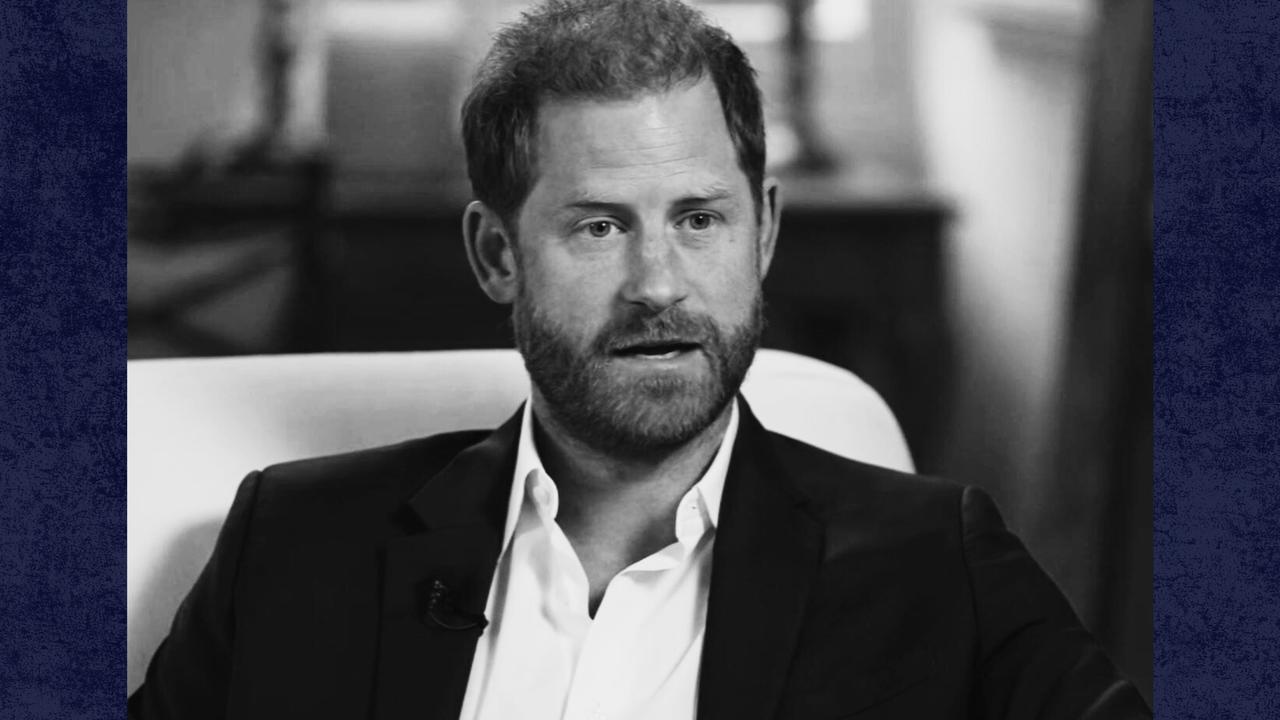
The Enlightenment yielded revelations that spurred on human progress but, in the rush to overthrow an oppressive political and religious order, revolutionaries dispensed with the idea of the sacred. The biblical meaning of the word is to set aside. In modern usage, it has come to mean something that is consecrated or reserved by a people for religious worship.
Christmas Day is set aside as sacred because it celebrates the birth of Christ. Houses of worship are consecrated to distinguish their divine purpose and set them apart from the mundane. In non-Abrahamic faiths, natural landmarks often take the place of churches, temples and mosques. The notion of the sacred is so intrinsic to human beings that it exists in cultures all over the world. Yet the value is difficult to define in material terms and impossible to quantify for the purpose of public policy. The pre-political, transcendent nature of the sacred has left it vulnerable to the march of modernity in the West and the militant atheism of communist states. The modern soul is stirred less by the idea of God than that particular type of revulsion felt when barbarians attack Christian churches, graffiti swastikas on Jewish temples, attack Muslims in prayer or destroy the sacred sites of Indigenous peoples.
For example, few Australians take part in Indigenous ceremonies, but shared a sense of horror at the sight of Juukan Gorge rock shelters blown apart by miner Rio Tinto. To an outsider, the area looks like many others dotted across the Pilbara. There was a well-reasoned argument made about the archaeological value of the 46,000-year old site. But the true value cannot be measured. It is sacred, transcendent.
A video released by the PKKP Aboriginal Corporation in October featured interviews with traditional owners, including Harold Ashburton, who explained the site’s significance: “This one we try to preserve for our old people and our younger ones ... I bring my boys ... to show them their grandfather’s country. You feel happy bringing them.” He chokes back tears as he gazes across the vast expanse of brown rubble where the green gorge once snaked across the land. He is surrounded on every side by the lunar lifelessness of the post-blast landscape. There were a lot of burials here and traditional owners wonder where the spirits will go to rest.
We venerate the sacred because it connects our ancestors to the living and souls yet to come into the world. It is the essence of the conservative tradition and the foundation of culture. More immediately, it provides a place of refuge from the transient worries of the world and sets our mind on higher things, God, divinity, truth and the better angels of human being. For the same reason, the sacred is a perpetual target of tyrannical regimes.
In recent years, the persecution of Christians has reached unprecedented levels. A 2019 report commissioned by British foreign secretary Jeremy Hunt found Christians constitute 80 per cent of the world’s victims of religious persecution. Yet only about 30 per cent of religious followers are Christian.
This month, the US State Department designated 10 states as “Countries of Particular Concern” for violating religious freedom: Myanmar, China, Eritrea, Iran, Nigeria, North Korea, Pakistan, Saudi Arabia, Tajikistan and Turkmenistan. The majority of states guilty of systematic religious persecution are communist or Islamist. A common feature of the persecution is arbitrary arrest, vigilante violence and the destruction of sacred Christian sites. According to the latest World Watch List, 9488 churches or Christian buildings were attacked in 2019. An average of eight Christian people were killed a day for their faith.
Religious persecution has long-term effects. At the height of its power, Islamic State held about 40 per cent of Iraq and about a third of Syria. Christians who remained were targeted by jihadis and subjected to horrific deaths. Speaking to Open Doors, Iraqi pastor Father Adel said 45,000 Christians lived in Mosul before Islamic State invaded. Now there are 50. A local church implored Christians to return to Mosul, saying: “Our presence is salt in this region.” It was perhaps a reference to the famous verse from the apostle Matthew: “You are the salt of the Earth … You are the light of the world … Let your light so shine before men so they may see your good works.”
For Christians, Christmas represents the hope of Christ coming into the world. It matters everywhere, but especially where Christians are persecuted because the birth of Christ is a promise that they, too, shall overcome. The sacred meaning of Christmas infuses the poetic verse of the gospel according to St John: “In the beginning was the Word, and the Word was with God, and the Word was God … In him was life and the life was the light of men. The light shines in the darkness, and the darkness has not overcome it.”




Christmas has much to tell us about human happiness. Even for those who do not believe in Christ, the festive season is a time where family and generosity of spirit are prioritised over the daily grind and more acquisitive concerns. What is bought is often given away in gifts, or feasts for family and friends. After the pre-Christmas rush, the world slows, there is time to rest, let go of the past and dream of the year to come.